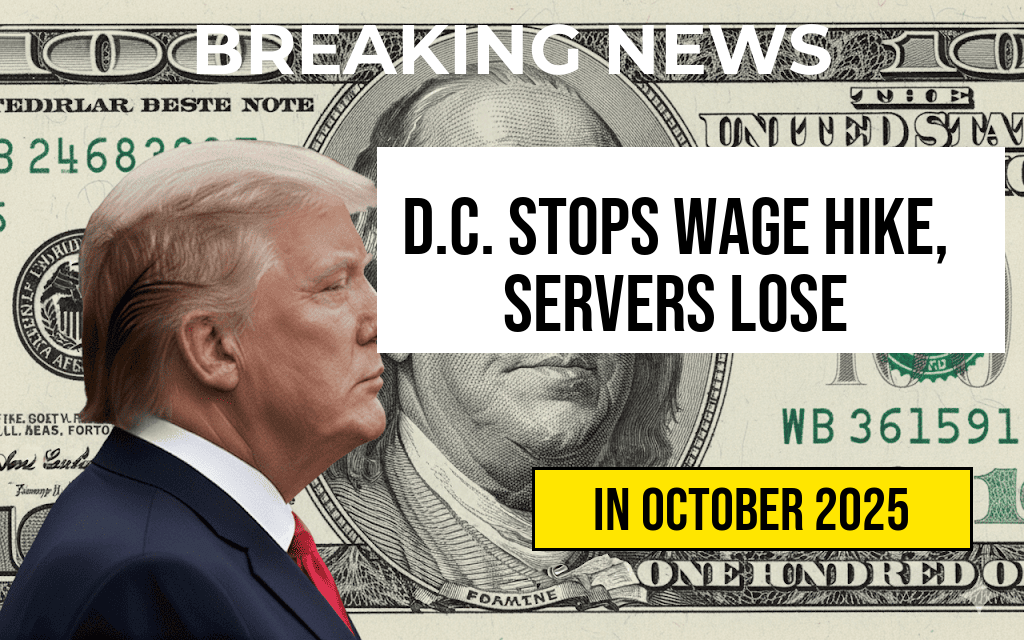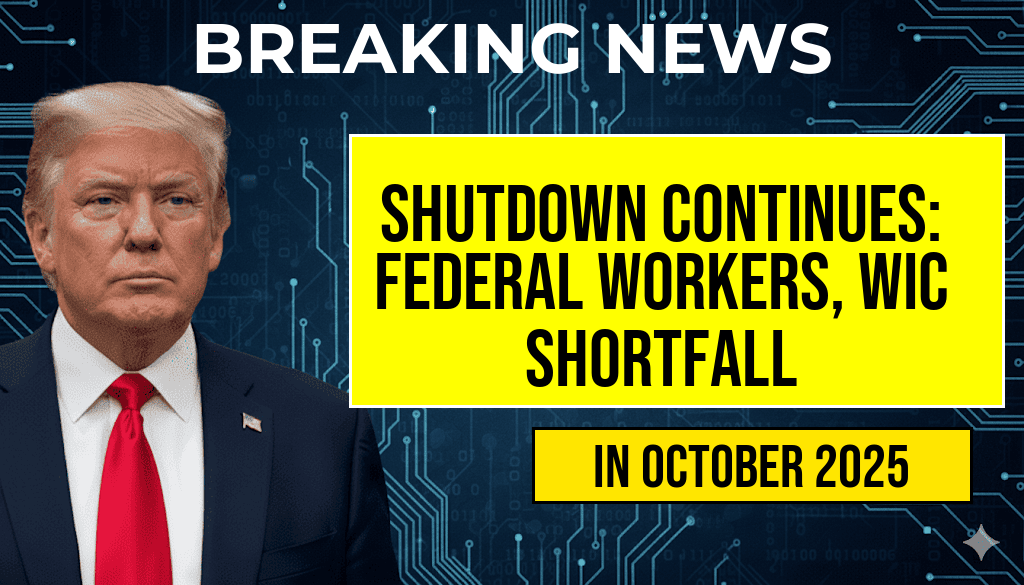The District of Columbia has decided to pause a planned increase in the tipped minimum wage, a move that could significantly impact servers’ earnings. Originally set to rise by $2, the wage increase was projected to boost annual earnings for tipped workers by approximately $4,160, according to industry estimates. However, city officials announced a halt to this increase amid budget considerations and ongoing debates over wage policies, leaving many restaurant employees uncertain about their future income. The decision marks a shift from previous commitments to gradually raise wages for tipped workers, reflecting the complex balancing act between supporting hospitality industry workers and managing municipal fiscal priorities.
Background on D.C.’s Tipped Wage Policy
Washington, D.C., has a long history of adjusting its minimum wage policies to address economic disparities and industry needs. The tipped wage, specifically, is a subset of the minimum wage that applies to workers who earn tips as a significant part of their income. The federal minimum wage for tipped employees has historically been lower than the standard minimum, with states and cities setting their own standards.
Prior to the proposed increase, D.C.’s tipped minimum wage stood at $5.35 per hour, with plans to incrementally raise it to $7.35 over several years. The most recent proposal aimed to add a $2 increase, aligning the tipped wage more closely with the regular minimum wage and providing servers with a more stable income base.
Advocates argued that higher tipped wages could reduce income instability for servers, improve living standards, and lessen reliance on unpredictable tips. Conversely, opponents voiced concerns about potential negative impacts on restaurant profitability, employment levels, and overall industry competitiveness.
Details of the Halted Wage Increase
Financial Implications for Servers
| Scenario | Annual Earnings | Difference |
|---|---|---|
| Original Proposal (with $2 increase) | $20,400 | – |
| Current Halted Policy | $16,240 | $4,160 less |
Industry experts estimate that servers working full-time could see their annual income decrease by roughly $4,160 if the wage increase is not implemented. This figure is based on average hours worked and typical tips received, highlighting the financial significance of the policy shift.
Political and Economic Factors
The decision to halt the wage increase stems from a combination of political considerations, budget constraints, and industry advocacy. City officials cited concerns over the economic impact on small businesses and the hospitality sector, which has faced ongoing challenges related to labor shortages and inflationary pressures.
Moreover, some policymakers expressed apprehension about setting a precedent that could lead to further wage mandates without comprehensive economic analysis. The move aligns with broader debates across the country regarding the pace and scope of wage increases for tipped workers.
Community and Industry Reactions
Supporters’ Perspective
- Labor advocates argue that halting the wage increase undermines efforts to address wage inequality and supports the notion that tipped workers deserve a living wage independent of tips.
- Some restaurant employees expressed disappointment, emphasizing that the higher wage would have provided financial stability and improved quality of life.
Opponents’ Perspective
- Business groups warn that higher labor costs could lead to reduced staffing, increased menu prices, and even closures of small establishments.
- City officials contend that the economic environment requires a cautious approach, prioritizing long-term fiscal health over rapid wage hikes.
Potential Long-Term Effects
The decision to delay or cancel the wage increase could have several implications. For workers, it may mean continued income volatility and an ongoing reliance on tips, which can fluctuate significantly. For the hospitality industry, the pause might alleviate some immediate financial pressures but risks dampening morale and attracting talent if wage growth stalls.
Looking ahead, policymakers will need to weigh the immediate economic realities against the broader goals of wage equity and economic mobility. The situation in D.C. reflects a broader national debate about how best to support low-wage workers while maintaining a sustainable business environment.
Sources and Further Reading
- Minimum wage in the United States – Wikipedia
- How Wage Policy Shifts Impact Restaurant Employees And Businesses – Forbes
- District of Columbia Government Official Site
Frequently Asked Questions
What is the main change in Washington D.C.’s tipped-wage policy?
The city has halted the $2 tipped-wage increase, which was part of the original proposal, potentially impacting servers’ earnings.
How much could servers potentially lose annually due to this halt?
Servers could lose up to $4,160 annually compared to the original proposed increase in their tipped wages.
Why was the tipped-wage increase halted?
The article does not specify the exact reasons, but such decisions are often influenced by budget considerations or policy debates surrounding wage adjustments.
What are the implications for restaurant workers in D.C.?
Potentially, restaurant workers could see decreased earnings due to the halted wage increase, affecting their annual income and overall earnings from tips.
When was the original tipped-wage increase supposed to take effect?
The original proposal aimed for the $2 increase to be implemented at a specific time, which has now been stopped, though the exact timeline was not detailed in the article.






